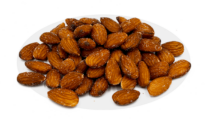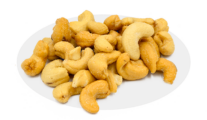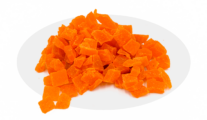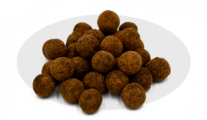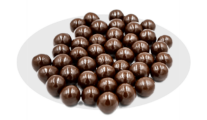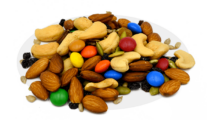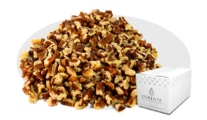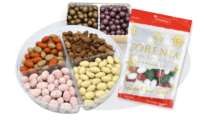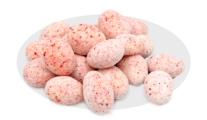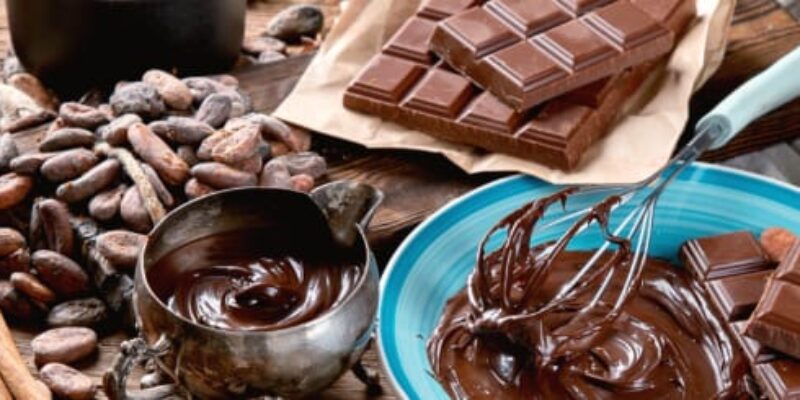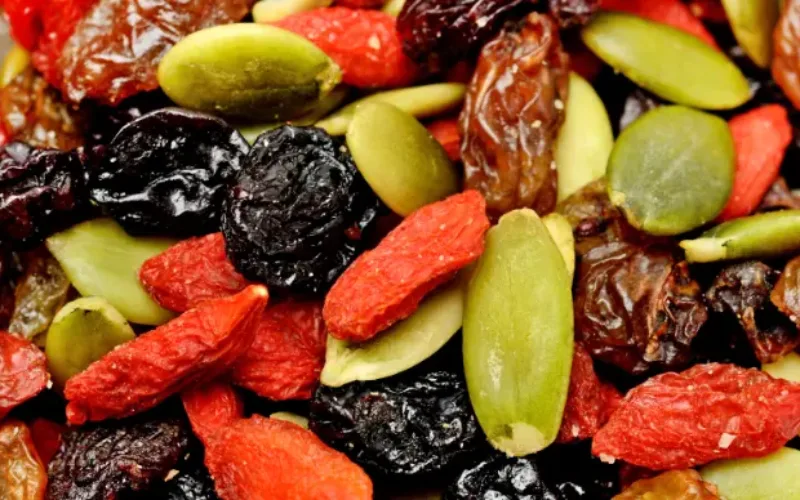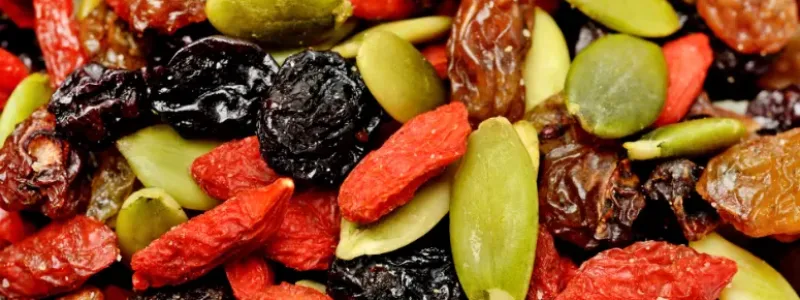Written By Sam Henselijn
This blog answers many questions in regards to chocolate and caffeine. Always wanted to know what exactly caffeine is? or maybe if red velvet is chocolate? Read below to learn more!
Does chocolate have caffeine?
Chocolate is a delectable delicacy often said to be a natural energy or mood booster. The cocoa beans are derived from seeds found in the fruit of cacao trees, but does it contain caffeine?
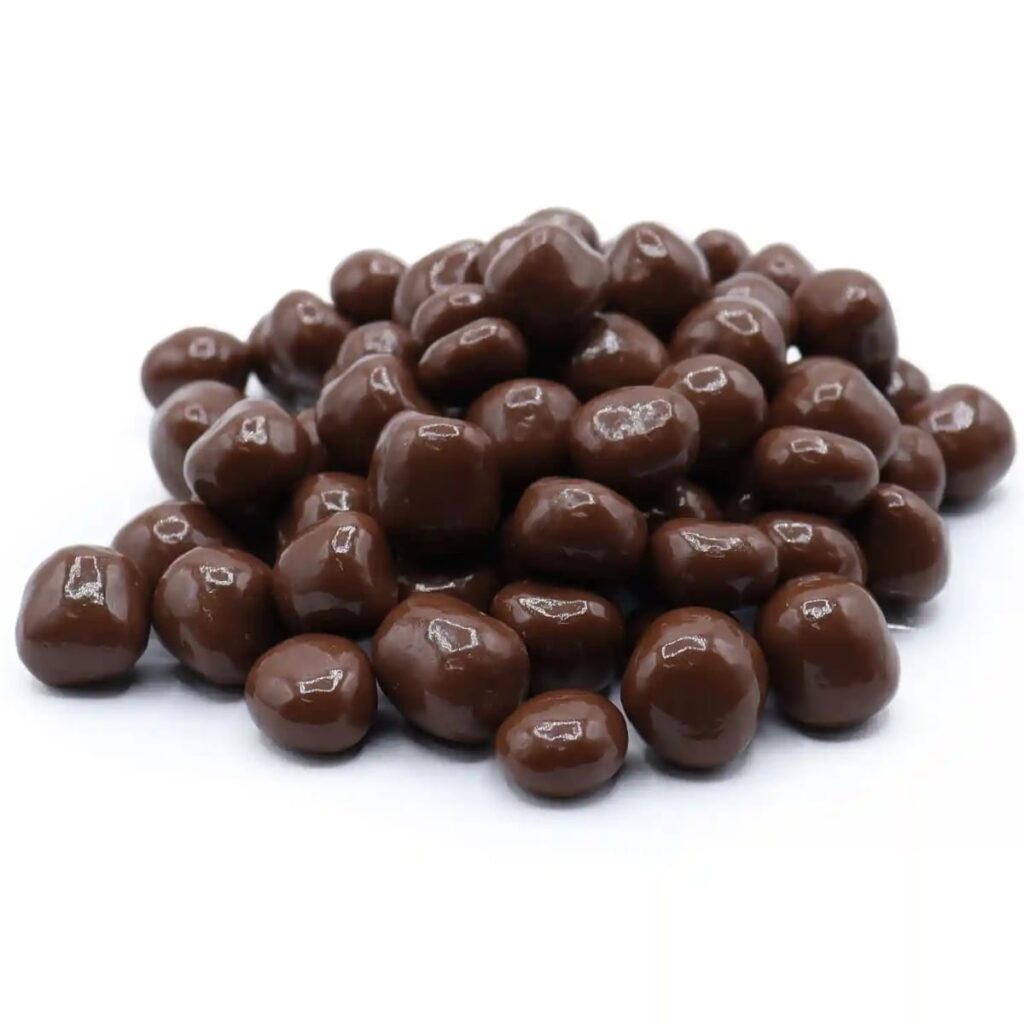
Since everybody loves chocolate, we’ll answer this question and many more in this guide. Ready to learn more about your favorite sweet treat? Then keep reading! Have you ever wondered how much caffeine is in chocolate? Unlike other ingredients such as sugar and milk powder, caffeine is not actively added to chocolate by manufacturers. It is simply a natural component of cocoa, which just so happens to be the base of all chocolate produce.
What exactly is caffeine?
Caffeine is a stimulant, as most people will know. This means that consuming a considerable amount of caffeine may keep you awake at night. On the other hand, it also means a boost of energy during the day.
Everyone’s body reacts to caffeine differently. Some people are more sensitive to it than others, and may feel agitated, restless, or even jittery when consuming it. The substance is also a natural diuretic, which causes us to urinate more frequently and may impact hydration levels.
Caffeine in coffee vs chocolate
When it comes to the level of caffeine in chocolate and coffee, each source varies a great deal. There are singular factors in each one that affect the amount of caffeine present in the final product. Normally, chocolate contains significantly less caffeine than coffee, but every case is different.
The chemical structure of both chocolate and coffee is similar, with a distinctive difference: the main active component of chocolate is theobromine, while the main active component in coffee is caffeine.
How do the two compare? As a reference, one cup of coffee contains about 60 to 150 milligrams of caffeine. To get the equivalent amount of caffeine from chocolate, you would need to eat an entire bar of dark chocolate with at least 70 to 80 percent cacao solids.
How much caffeine is in chocolate?
The amount of caffeine in chocolate depends on how much cocoa solids is in the final product. When cocoa beans are liquefied, that results in both cocoa butter and cocoa solids. The two are used to make chocolate, but caffeine is found only in cocoa solids, not in cocoa butter. So basically, the darker the chocolate, the higher caffeine content.
- For comparison, see the different amounts of caffeine in the most common types of chocolate:
- Dark chocolate contains 12 milligrams of caffeine per ounce.
- Milk chocolate contains 9 milligrams of caffeine per 1.55 ounces.
- White chocolate contains no trace of caffeine since it’s made from cocoa butter only.
Facts about caffeine in chocolate
- Caffeine levels in cacao beans vary depending on its country of origin.
- Generally speaking, cacao from South America and the Caribbean has a much higher percentage of caffeine compared to African cacao.
- The most caffeinated cacao comes from Ecuador, Venezuela, and Peru.
- The least caffeinated cacao comes from West African countries and Mexico.
- Cacao from Ecuador, Venezuela, and Peru has double the amount of caffeine than cacao from West African countries.
More facts about chocolate
Where does chocolate come from?
Chocolate originated in Mesoamerica in the early civilizations of the Olmecs and Mayans. The Olmec, one of the earliest civilizations in Latin America, were the first to turn cacao beans into chocolate. Centuries later, it was time for the Mayans to discover the drink of the gods. Mayan chocolate was made of roasted and ground cacao seeds mixed with water, cornmeal, and often chilies. By the 15th century, cocoa beans were highly valued as a currency, and worth more than gold.
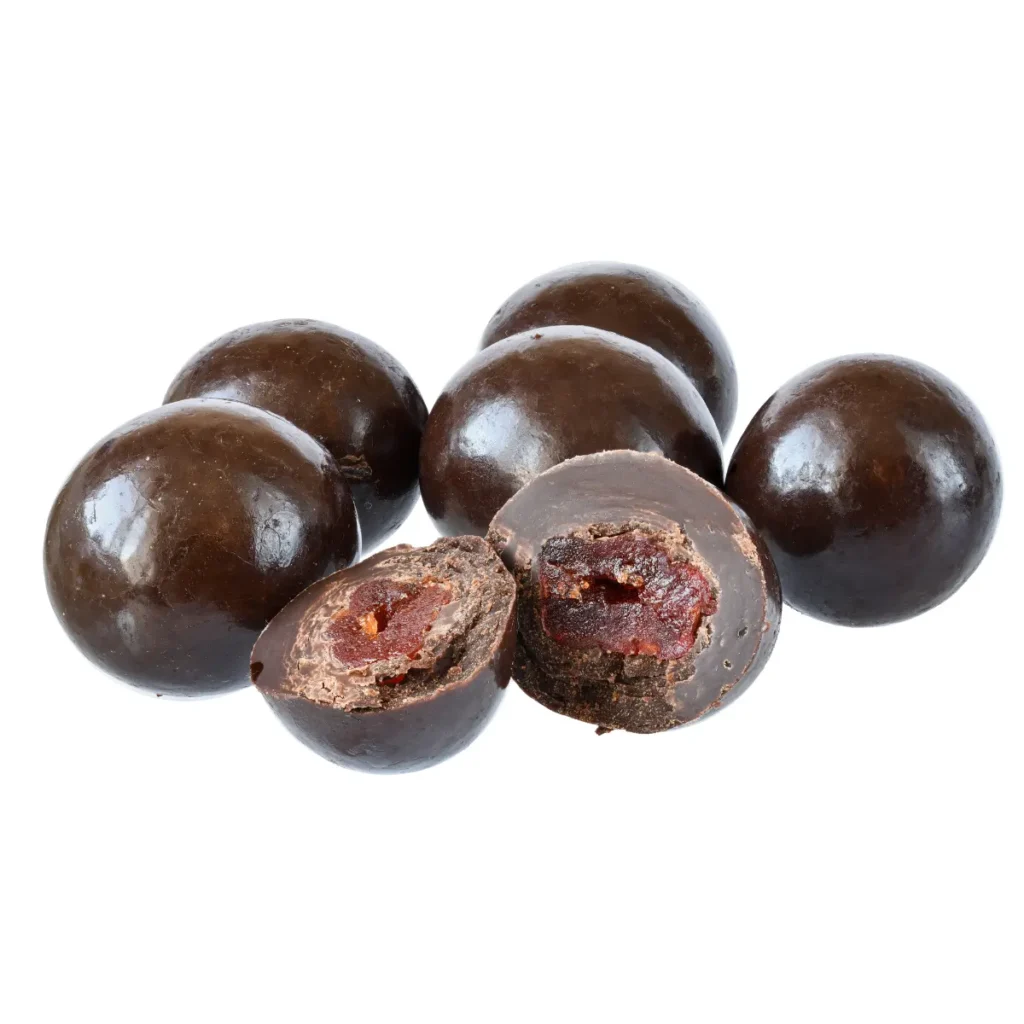
Is chocolate gluten free?
While pure, unsweetened chocolate doesn’t contain gluten, many chocolate products contain additional ingredients, or they are made in a factory where gluten is used. This puts the otherwise gluten free chocolate at risk of cross contamination.
Is red velvet chocolate?
Red velvet is a traditional flavor lover by many. Generally, red velvet cake is flavored with a small amount of cocoa powder, along with buttermilk for flavor and either beet juice or red food coloring to give it its characteristic color. So while the batter does contain some chocolate, it’s a much less pronounced flavor than what you would experience from a pure chocolate cake.
Is chocolate vegan?
It depends. Most dark chocolate is inherently vegan. But not all chocolate is vegan-friendly. Many chocolate brands found in supermarkets contain milk powder to make it extra creamy and smooth. So when in doubt, make sure to read the ingredients before tucking in!
Try some of our favorite chocolate treats
There is nothing more luxurious than rich, creamy chocolate. Browse our selection of chocolate treats and find the perfect delicacy to sweeten your days.
Give yourself an extra boost of energy with some delicious dark chocolate espresso beans! If milk chocolate is your thing, these melt-in-your-mouth milk chocolate caramels won’t disappoint. A fan of white chocolate? Then you have got to try our coconut white chocolate almonds.
Is chocolate higher in caffeine than coffee?
No, chocolate typically contains less caffeine than coffee. While the exact amount varies, an average cup of coffee contains significantly more caffeine than a typical serving of chocolate.
Can you eat chocolate if you can’t have caffeine?
Yes, you can eat chocolate if you need to avoid caffeine. While chocolate does contain some caffeine, the amount is generally lower than in coffee or tea. If you have strict caffeine restrictions, consider choosing chocolate labeled as “caffeine-free” or “decaffeinated” to minimize your intake. Keep in mind that individual sensitivities vary, so it’s advisable to check with your healthcare provider for personalized dietary advice.
Can chocolate keep you awake?
Chocolate contains some caffeine, a natural stimulant, though in smaller amounts compared to coffee or tea. Additionally, chocolate contains theobromine, another stimulant. While the levels of these substances in chocolate are usually lower than in caffeinated beverages, sensitive individuals or those consuming large quantities of chocolate, especially dark chocolate, may experience mild stimulant effects. This could potentially contribute to difficulty falling asleep in some cases. However, individual responses to caffeine and theobromine vary, so not everyone will experience sleep disturbances after consuming chocolate. If you are sensitive to stimulants or have concerns about sleep, it may be helpful to moderate your chocolate intake, especially in the evening.
Sam Henselijn Author’s Biography – Meet L’Orenta Nuts CEO
Copyright 2024 L’Orenta Nuts
L’Orenta Nuts proudly holds the SQF food safety certification, symbolizing our unwavering dedication to upholding the highest standards of food safety and quality. This certification guarantees that our products undergo rigorous scrutiny, ensuring transparency, traceability, and adherence to global food safety regulations for the utmost consumer confidence.
L’Orenta Nuts has the HACCP (Hazard Analysis and Critical Control Points) certification is a systematic approach to identifying, evaluating, and controlling food safety hazards. It ensures that food products are produced and handled in a manner that minimizes risks and complies with safety standards.
Our GMP (Good Manufacturing Practices) certification ensures that a manufacturing facility adheres to comprehensive quality and safety standards while producing pharmaceuticals, food, and other consumer goods, promoting consistency, quality, and compliance with regulatory requirements.
L’Orenta is an FDA-approved manufacturing facility and has met the rigorous standards set by the U.S. Food and Drug Administration. It demonstrates compliance with regulations, ensuring the production of safe and high-quality food products.


